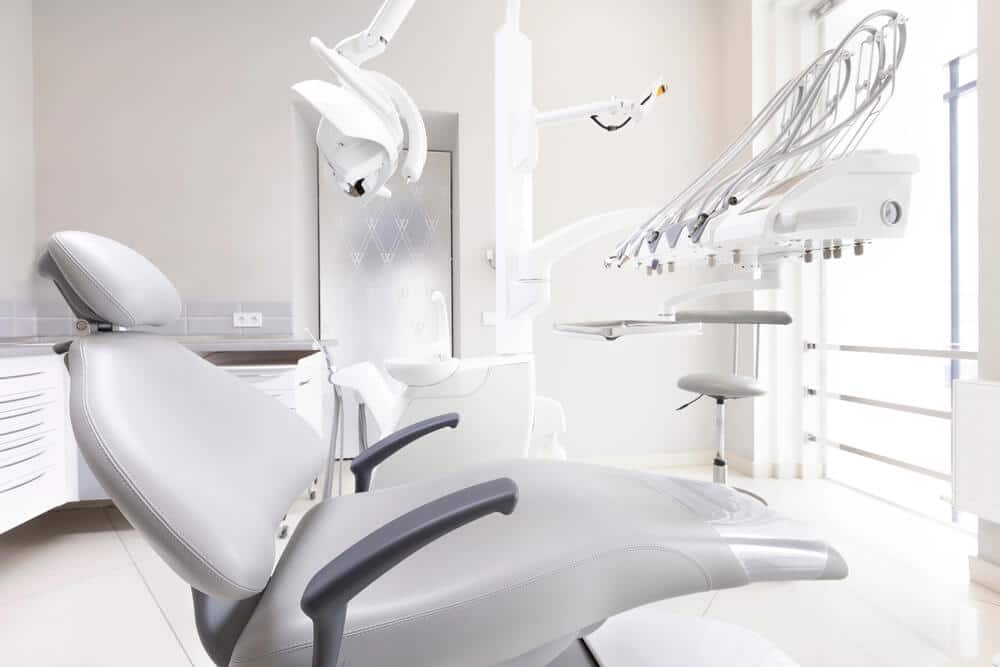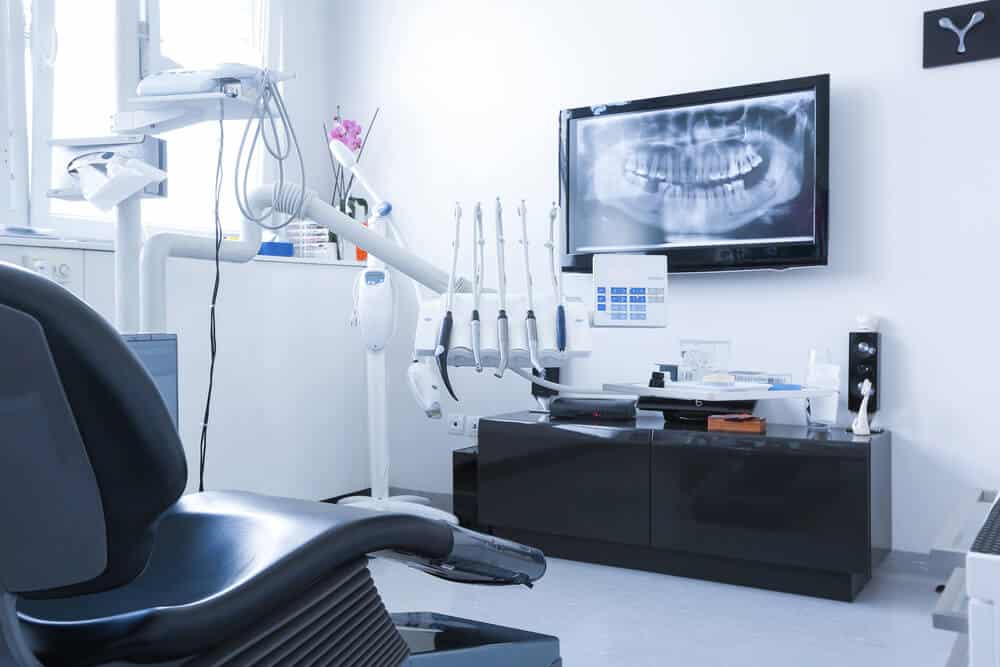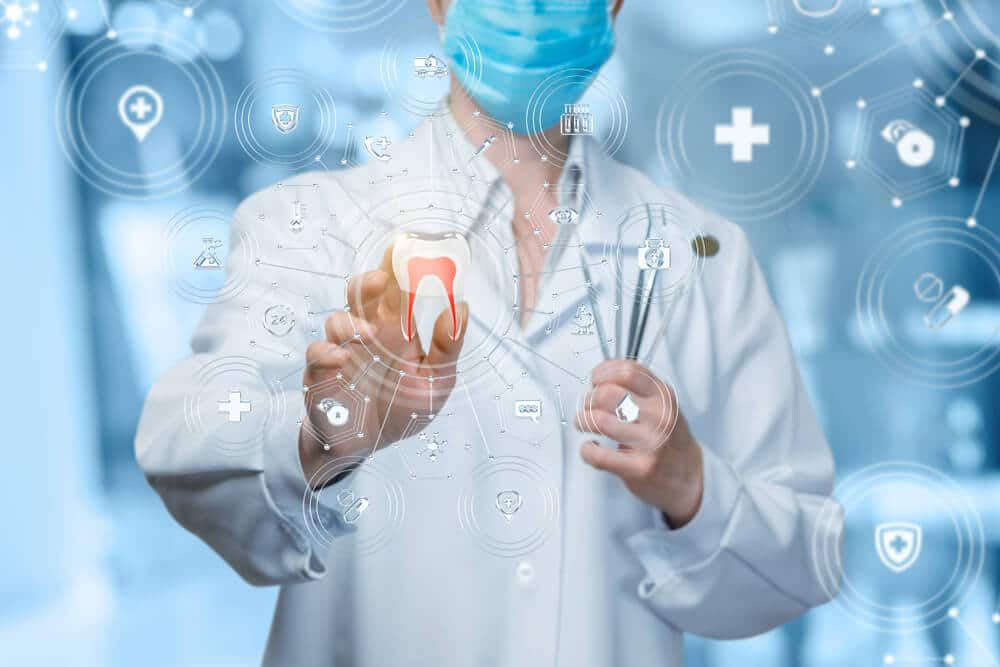One day you have to face the unpleasant truth that your dental office cannot independently meet all of its technological requirements. You may lack solutions when your team asks you for help with a dental application or has concerns about your digital security, and this can’t go on forever.
If you have found this article, you are on the right path. This article will explore the basics of managed IT services and how they can benefit dental practices.
Definition of Managed IT Services

Managed IT services refer to outsourcing the management and maintenance of an organization’s IT systems to a third-party provider. This provider is responsible for monitoring, managing, and troubleshooting IT issues for the organization.
Managed IT services can include various tasks, such as managing a company’s network and servers, providing technical support to employees, implementing cybersecurity measures, and backing up data.
The goal of managed IT services is to provide organizations with the IT support they need to run smoothly while also allowing them to focus on their core business objectives.
Managed IT services can be particularly beneficial for small and medium-sized businesses that may not have the resources or expertise in-house to manage their own IT systems effectively.
Types of Managed IT Services Available for Dental Practices
Managed IT services are available to dental practices in various forms. For instance, network management, server management, technical support, cybersecurity, data backup and recovery, cloud services, email and website hosting, and compliance.
Network management involves monitoring and maintaining the practice’s computer network and troubleshooting any issues. Server management involves maintaining and managing the practice’s servers, including software updates and backups.
Technical support involves offering support to the practice’s staff for issues related to their computers and other IT equipment.
Cybersecurity involves implementing measures to protect against viruses, malware, and data breaches. Data backup and recovery involves regularly backing up data and being able to recover it in the event of a disaster easily. Cloud services involve moving data and applications to the cloud for greater flexibility and accessibility.
Email and website hosting involves providing these services to dental practices. Compliance involves ensuring that the practice complies with relevant industry regulations, such as HIPAA, in the healthcare industry.
Benefits of Using Managed IT Services for Dental Practices
There are several benefits to using managed IT services for dental practices. One benefit is cost savings. Dental practices can save money on hiring and training in-house IT staff by outsourcing IT management to a third-party provider.
Another benefit is improved efficiency. Managed IT service providers have the expertise and resources to quickly and effectively resolve IT issues, which can improve the practice’s efficiency. Efficiency can lead to increased productivity, as dental practices can focus on more important tasks rather than managing IT issues themselves.
Managed IT services can also enhance security for dental practices. These providers can implement advanced cybersecurity measures to protect the practice’s data and systems from threats.
Managed IT services are also highly scalable. They can be easily adjusted to meet the changing needs of the practice. Additionally, dental practices have access to the expertise of a team of IT professionals when using managed IT services. These experts can provide specialized knowledge and support to the practice.
Finally, managed IT service providers can offer proactive maintenance to prevent issues from arising in the first place. By proactively monitoring and maintaining the practice’s IT systems, managed IT service providers can help ensure smooth operation and minimize downtime.
How Managed IT Services Can Help Dental Practices Improve Efficiency and Productivity
Managed IT services can help dental practices improve efficiency and productivity in several ways. To begin with, through the quick resolution of IT issues. Managed IT service providers have the expertise and resources to resolve any IT issues that may arise quickly. Doing this minimizes downtime and prevents disruptions to the practice’s operations.
Proactive maintenance is another way managed IT services can help improve efficiency. By proactively monitoring and maintaining the practice’s IT systems, managed IT service providers can prevent issues from occurring in the first place. Monitoring helps to ensure smooth operation and minimize downtime.
Managed IT service providers can also offer technical support to the practice’s staff, helping them with issues related to their computers and other IT equipment. Doing this frees up time and resources for the staff to focus on more important tasks, improving overall productivity.
In addition, managed IT service providers can help dental practices streamline their processes by implementing new technologies and systems. For example, they can implement electronic health record systems or appointment scheduling software that can help improve efficiency and productivity.
Finally, managed IT service providers can offer expert guidance and recommendations to the practice on optimizing their use of technology and IT systems. Guidance helps the practice make informed decisions about its IT infrastructure and improve efficiency.
Elevate Your Dental Practice With Erickson Dental Technologies

Managed IT services are available for dental practices in various forms. These services can help the practice improve efficiency and productivity, enhance its security, and reduce costs in the long run.
Erickson Dental Technologies is committed to improving dental practice infrastructure and helping you deliver the best possible care to your patients.
Let us help you streamline your IT systems and processes so you can focus on delivering top-notch dental care to your patients. Contact our team today.


